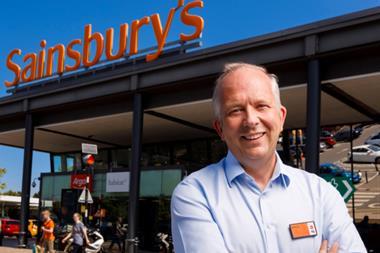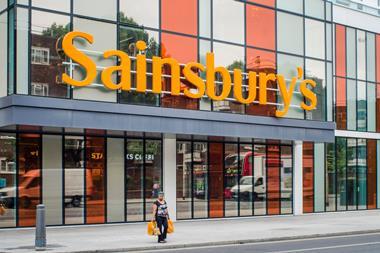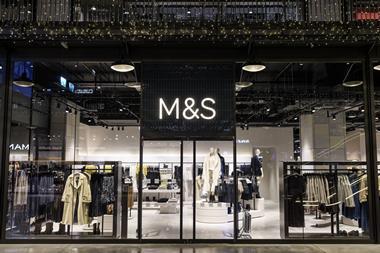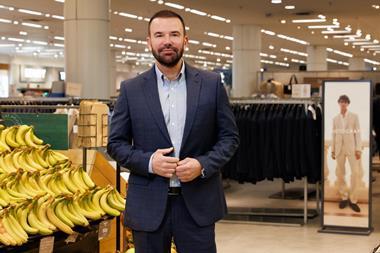Gloomy business prospects briefly plunged the FTSE 100 into an official bear market on Tuesday as the blue-chip index slid more than 20 per cent from a high in June last year.
General retailers were once again at the forefront of the collapse as the repercussions of last week’s shock Marks & Spencer profit warning continued to be felt and there were further depressing updates from stores. Troubled ScS went into administration, but the trading business was bought by an affiliate of private equity house Sun Capital.
Pali International analyst Nick Bubb said: “In 2008, the sector has fallen 41.7 per cent and that officially makes it the worst-performing sector in the market so far this year.”
Retail stocks managed a dead cat bounce on Tuesday, however, as short-sellers closed their positions in case such lowly valuations prompted bids.
Analysts continued to downgrade M&S following last week’s update. Lehman Brothers said: “M&S cannot compete on all fronts. Its supply chain needs investment, food prices need to fall and availability improve. If eliminating growth plans is too costly to EPS, we argue that a Sainsbury’s tie-up for cost saves and capital expenditure cuts makes financial sense.”
JP Morgan said: “We expect further broker earnings downgrades for this year and next as the supply and demand balance remains unfavourable in UK clothing and M&S’s food offer is poorly positioned in this environment.”
Departing Woolworths chief executive Trevor Bish-Jones unloaded more than half of his shares in the variety store group for£98,000. Norwich property tycoon Ardeshir Naghshineh is understood to have acquired a stake of nearly 5 per cent in the retailer for£5.5 million.
Variety store group Instore’s independent directors advised shareholders to take no action on Seaham Investments’£11.4 million offer, which they said undervalued the retailer.
Value homewares group Dunelm managed 2.5 per cent like-for-like growth in the year to June 28, but the figure for the final 13 weeks was down 2.4 per cent.
Landsbanki said the performance was in line with expectations, but cut its forecast for this year “to reflect the likelihood of a deeper and more extended consumer downturn”. Citi said: “Despite attractive margins, low average customer spend and the maintenance nature of purchases, we see downside risk.”


























No comments yet